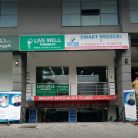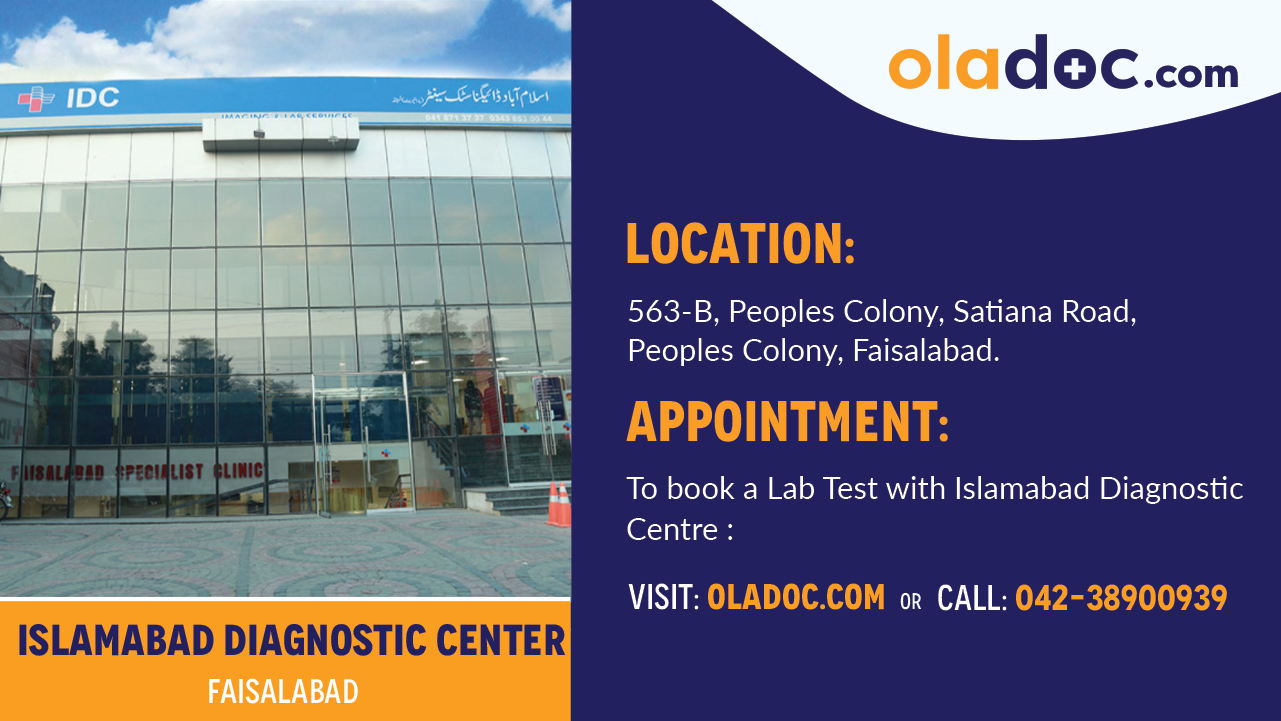Pakistan lies near the equator, meaning that it receives more average daily sunlight than its European counterparts. Yet, despite this abundance, the number of people deficient in Vitamin D is rapidly on the rise; further adding to more than 1 million people suffering from this deficiency worldwide.
Why Is It Important?
Nutritionists says, vitamin D3, an active type of vitamin D acquired from food sources and direct absorption of sunlight, is stored in the fat cells and inducted into the bloodstream, and not only regulates the functioning of over 200 genes but also facilitates calcium and phosphorus absorption in the small intestine. Moreover, it also helps manage the immune and reproductive systems, hence serving as an important barrier against a number of common cancers, autoimmune, cardiovascular and infectious diseases.
The Consequences:
A chronic lack of vitamin D can result in one or more of the following conditions:
- Rickets
- Asthma
- Obesity
- Psoriasis
- Tuberculosis
- Osteoporosis
- Fibromyalgia
- Osteomalacia
- Kidney stones
- Alzheimer’s Disease, etc.)
The Causes:
Ranging from social factors to unhealthy habits, following are the common reasons for Vitamin D deficiency in Pakistan:
1- Skin Pigmentation:
The general skin tones of the Pakistani population range from light to dark brown, which decreases the amount of sunlight-acquired vitamin D3, Since UV light cannot reach the layer of skin required to synthesize the vitamin for fat cell storage.
2- Addictive Habits:
The excessive chewing of betel nut (chalia) alters the enzymes responsible for management of vitamin D in the blood, hence retaining these otherwise soluble vitamins in the bloodstream and causing Hypovitaminosis D in adults, which results in periodontal disease, diabetes, and cardiovascular disease, among others.
3- Inadequate Consumption:
The recommended daily intake is 2000-8000 IU, or 50-200 micrograms (double the amount required for Westerners), yet foods with the highest vitamin D3 content, such as egg yolks, fortified whole milk, mackerel, beef liver, and sardines are usually avoided due to the mistaken belief of being obesity and high cholesterol contributors. Moreover, people taking vitamin D supplements instead also expose themselves to possible toxicity due to high vitamin D2 contents in most supplements.
4- Social Factors:
Most people reduce their sunlight exposure under the assumption that it ‘darkens’ the skin; a product of distorted beauty ideals in the country. Vitamin D deficiency is higher in women, children and senior citizens, as domestic housewives and, resultantly infants, do not have cause to go outside, while the older adults are too weak to go out themselves. Moreover, the increased population density and close-built houses have also reduced the amount of available natural light.
5- Poverty and Illiteracy:
A large number of the population cannot afford foods that are naturally rich or fortified with vitamin D, due to their high prices. Moreover, the unawareness of what a proper, balanced diet constitutes results in various nutritional deficiencies, along with the misguided overcooking of foods; which destroys most of the vitamins and micro-nutrients in the raw ingredients.
A Solar Vitamin:
Vitamin D is known as the ‘Sun Vitamin’, and for good reason, as 90% of our daily requirement is fulfilled via solar exposure. This is because most natural and fortified sources contain low concentrations of vitamin D, making them insufficient for providing the daily 50-200 micro-grams.
Moreover, while excess consumption of dietary supplements causes the over-processing of calcium, (resulting in abdominal pain and, in some cases, thyroid gland removal), the body utilizes the required amount of sunlight-acquired vitamin D and de-metabolizes the rest, making it completely safe.
Recommendations:
Contrary to the cosmetic industry’s propagation’s, non-burning exposure to UV light does not cause skin damage and melanoma. Therefore, expose at least 40% of your body to the sun, preferably in the morning, for 15-20 minutes daily for ideal vitamin D3 synthesis (manufacture). However, darker-skinned individuals might require extended exposure. If this is all still unclear for you, then it may be time to get in touch with a professional such as an internal medicine specialist in Karachi.
Although residents of sunny areas should focus on acquiring maximum vitamin D3 through sunlight, drinking 2 glasses of fortified milk every day, along with egg yolks and fish liver oils is necessary to meet the daily requirements of people living in the northern region or cloudy and smoggy areas.
Moreover, the government should implement a nationwide mandatory vitamin D supplementation program, at least during the winter, along with annual intramuscular vitamin D injections as part of a vitamin deficiency campaign. In case you’re facing a vitamin D deficiency and unable to make the right plan, we recommend you to contact a diet specialist.
At oladoc, you can Dietitian in Lahore, Karachi, Islamabad and get an appointment. Moreover, you can also get an appointment by calling our helpline: 042-3890-0939.












.png)
.png)
.png)
.png)